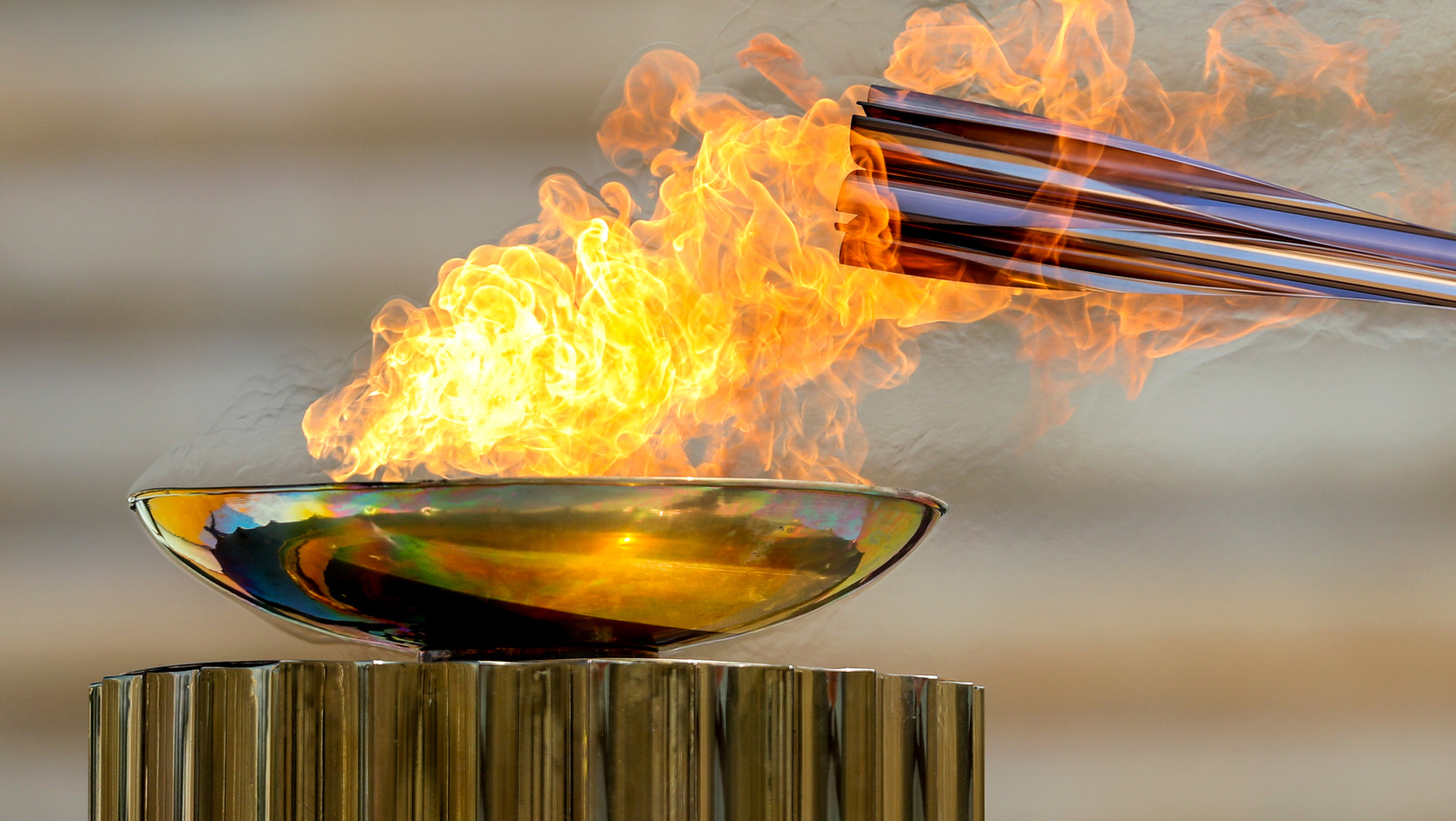The Olympic Torch is far more than a mere flame; it is a symbol steeped in rich history, tradition, and the collective aspirations of humanity. Originating from ancient Greece, the torch has undergone a metamorphosis that transcends its physical form, becoming an emblem of peace, unity, and athletic prowess. But in this era of radical sociopolitical shifts, can we recontextualize the Olympic Torch to reflect not just the glory of competition but the pressing issues of gender equality and social justice? It is high time we elevate this iconic symbol beyond its ceremonial uses and explore how it can ignite a broader discourse.
When we consider the Olympic Torch Relay, one might overlook the layers of cultural significance it harbors. Historically, it represents the light of knowledge, inspiration, and hope. Yet in the world today, it should also constitute a clarion call for inclusivity. As the torch travels the globe, it has the potential to echo the voices of women, marginal communities, and those often relegated to the shadows of athleticism. Why not leverage the torch’s visibility to challenge the patriarchal values still pervasive in many sports? Why not use it as a force for progressive change?
Let’s delve into the symbolic altitude the torch can achieve. With each relay, flames flicker in the faces of athletes who sweat for glory. If we reframe the narrative around these flames, they could metaphorically illuminate the issues of women’s representation in sports. Women athletes have been sidelined for too long, yet they continue to break barriers. The Olympic Torch can serve as a beacon for equality—not just in the rules of competition, but in media representation, marketing, and sponsorship deals. Each time the torch is ceremonially ignited, should it not also ignite discussion around gender pay disparity, lack of institutional support, and the representation crisis that persists in both the global and local sports arenas?
Just think about the implications. Imagine the Olympic committee taking this golden opportunity to spotlight female athletes who have fought tirelessly against societal norms. From pioneers like Kathrine Switzer, the first woman to officially enter the Boston Marathon, to contemporary champions like Serena Williams, who continuously challenge perceptions of femininity and strength, there’s a wealth of narratives to share. The Olympic Torch can be a conduit for these stories, amplifying the valor of women who dare to dream and compete against the odds.
Moreover, the torch has always been about uniting nations and peoples. Yet the question looms: who counts in this unity? The perennial underrepresentation of women, athletes with disabilities, and people of color serves as a stark reminder that the journey towards equal representation is far from over. What if the Olympic Torch began to carry these underrepresented voices along its route? Picture a torch relay featuring diverse athletes speaking about their journeys, facing obstacles, and asserting their rights to compete. This would not simply be an act of tokenism; rather, it would serve as an audacious reclamation of public space, open for dialogue, advocacy, and awareness.
The intertwining of social commentary with the torch relay mission presents an exhilarating, albeit daunting, challenge. Such a shift would demand that the International Olympic Committee (IOC) not only embrace inclusivity but also embody it at every level of decision-making. Policies should not just allow participation; they should actively encourage diverse representation. The flame’s journey could transform into a metaphoric passage of justice, illuminating the environment for those who have historically been marginalized.
But what of public perceptions? There is a palpable tension between ideals and realities in the realm of sports. For every inspirational story, there are countless tales of exploitation, harassment, and systemic barriers. Embedding an activist agenda into the Olympic Torch’s narrative would undoubtedly alienate some traditionalists who might argue that the Olympics are solely about athletic excellence. However, one must question: can we afford to view these pursuits in isolation from the broader societal issues that pervade our reality? In a world rife with inequality, celebrating mere athleticism becomes hollow if we ignore the structural injustices mirrored within our sports.
To this end, we must consider the role of mass media. The torch lighting ceremony provides an electrifying platform from which to challenge normative paradigms. Live broadcasts could incorporate discussions about equity and diversity in sports, inviting audiences to engage with these critical issues. Social media could serve as a catalyst for change, as athletes utilize their platforms to speak out against injustices. Building a community of advocacy surrounding the Olympic Torch provides an avenue to challenge the status quo and implore audiences worldwide to join in the call for action.
This transformative vision for the Olympic Torch is not merely fanciful; it is imperative. Embracing this shift can inspire a new generation of athletes who recognize that their struggles extend beyond the track or field. It impels society to contemplate the dichotomy of celebration and critique; the sense of community must account for all voices, particularly those who have been silenced for far too long. As the Olympic Torch takes on new heights, so too does the challenge to all involved: to ensure that every relay carries the spirit of inclusion, equity, and, ultimately, justice.
Let us illuminate our world with a flame that refuses to be extinguished, a torch that represents not merely the triumph of athleticism but the unyielding pursuit of progress. It is high time for the Olympic Torch to assume its rightful place among the titans of change.
